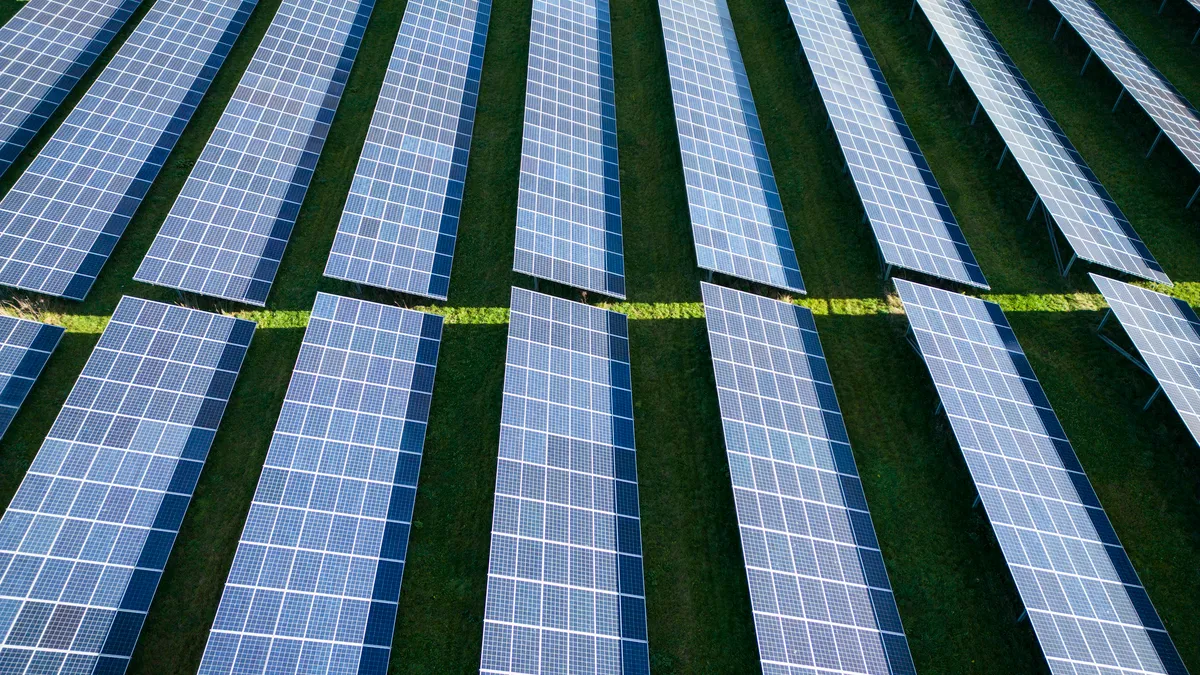The Department of Energy opened applications on Monday for round seven of its American-Made Solar Prize competition, announcing $4 million in prizes and a new prize category.
Since it launched the competition in 2018, DOE has given out $15 million in prizes to entrepreneurs over six rounds. The prizes are given out to hardware and software solutions, and are intended to spur innovations in the solar sector and address challenges to deployment.
“Entrepreneurial students, professors, small-business owners, company staffers, researchers at national laboratories, or anyone else based in the United States with a potentially marketable solar technology solution” are all eligible to compete, says DOE’s website. The deadline to apply for the first phase of this round is Sept. 27.
The three phases are “escalating challenges” that help applicants develop their concept from idea to product, DOE says. Each competitor can win up to $700,000 in cash and $150,000 in technical support vouchers over the three phases of the contest.
Previous winners include a metal roofing product aimed at making residential solar more aesthetically appealing and increasing solar adoption, an all-in-one photovoltaic panel that reduces the number of individual parts needed for residential installation, and a hybrid inverter that enables interconnection between solar and storage.
In 2021, the department introduced a Justice, Equity, Diversity, and Inclusion, or JEDI contest, offering additional cash prizes for technologies that support environmental justice principles.
In addition to the JEDI contest, DOE announced a new equity-focused prize category on Monday – the Power-Up contest, which will support “new and diverse” teams that don’t make it to the first leg of the competition.
“These teams will represent individuals with diverse expertise, perspectives, and experiences,” DOE said. The department says it expects to select up to ten teams that will split a prize pool of $100,000 “and receive tailored business development support to boost their viability for future competitions.”
The optional JEDI contest awards prizes from a pool of $200,000 for solutions that “enable underserved communities to share in the societal benefits of solar deployment,” and requires applicants to describe how their innovation addresses solar market barriers for those communities.














